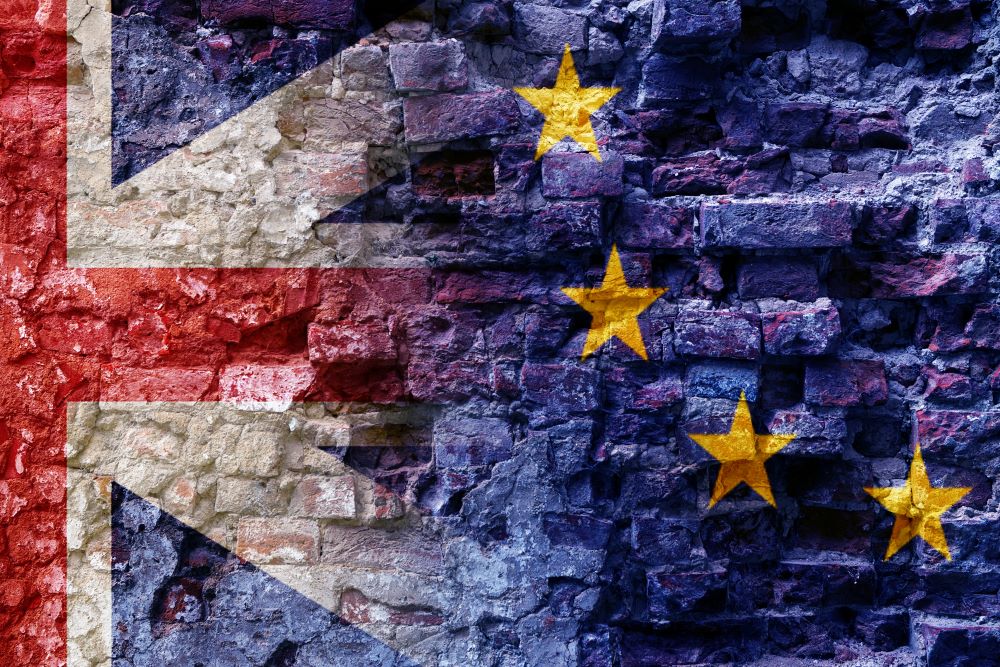
The Institute of Export & International Trade is increasing the real-time export and import planning support it offers to members with a new ‘Trading in Uncertain Times’ suite of training, webinars and consultancy.
The launch is inspired by recent turbulence in international trade caused by the global supply chain crisis, Covid-19 disruptions and discussions over the Northern Ireland Protocol's future.
New Covid-19 variant
Further disruption could occur with travel restrictions arising from the new Omicron variant of Covid-19.
This week’s World Trade Organization (WTO) ministerial meeting, its first in four years, has been postponed following travel restrictions imposed amid concern about the new Covid variant.
Define the uncertainties
While it is not easy to predict future events, the new suite aims to help businesses define the uncertainties, providing them with the know-how and skills to mitigate the effects of trade disruptions.
Among the ‘Trading in Uncertain Times’ services going live today is a new live web chat function giving expert answers to trader questions.
The suite also includes:
- An enhanced international trade telephone helpline (for Business Members only)
- Real-time news alerts
- An expanded range of weekly webinars with live Q&A sessions
- A new one-day training course with dynamic content taking account of developments as they happen
- New consultancy package focused on 'Managing trade change and risk'.
Non-members of the IOE&IT can register here to access free webinars and have a limited number of questions answered by the Institute’s in-house trade experts.
Commenting on the initiative, IOE&IT director general Marco Forgione said:
“Businesses need to understand all the issues that exist within a landscape which is changing rapidly. You need to find organisation that you can trust, to help guide you through those, issues and the place for that is the Institute of Export & International Trade.”
Offsetting disruption
A key focus of the ‘Planning for Trade Uncertainty’ webinar tomorrow (Tuesday 30 November) at 12 noon – which is free to attend here – is an outline of different kinds of trade disruption and the measures that traders can take to offset their effects, including insurance and special customs procedures.
Tariff and non-tariff barriers are fully explained so that traders can plan how to manage them if and where they occur.

